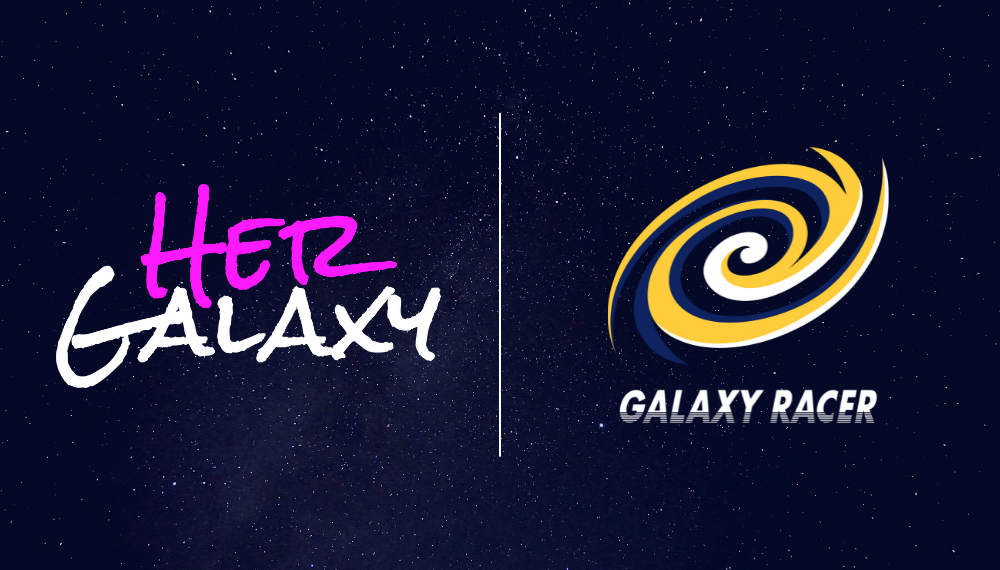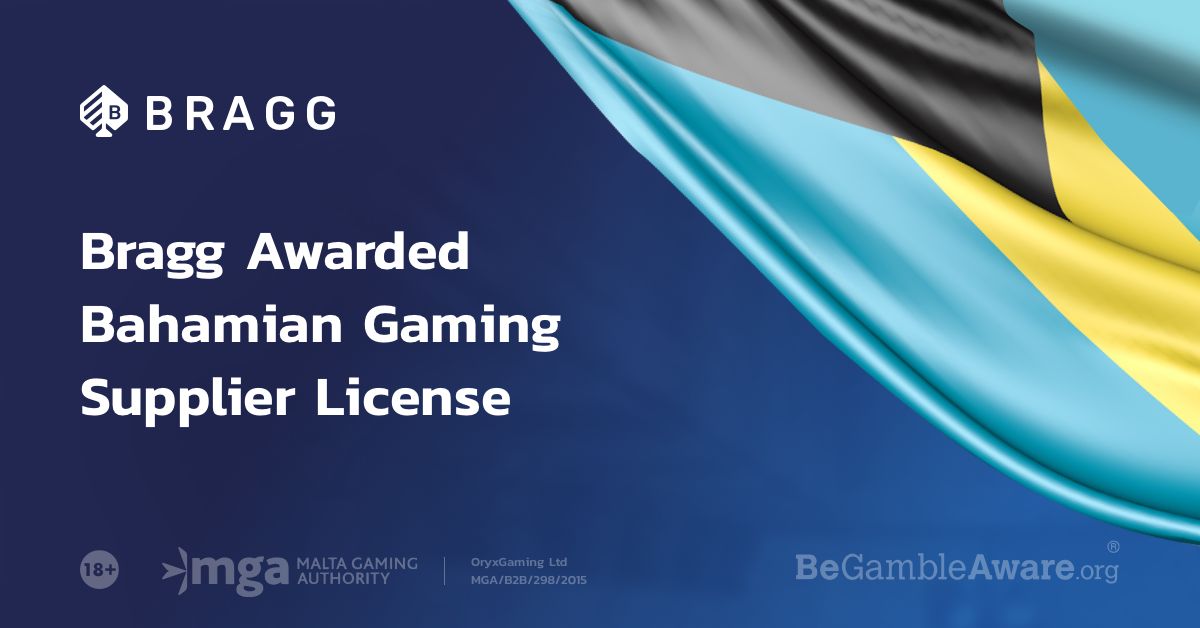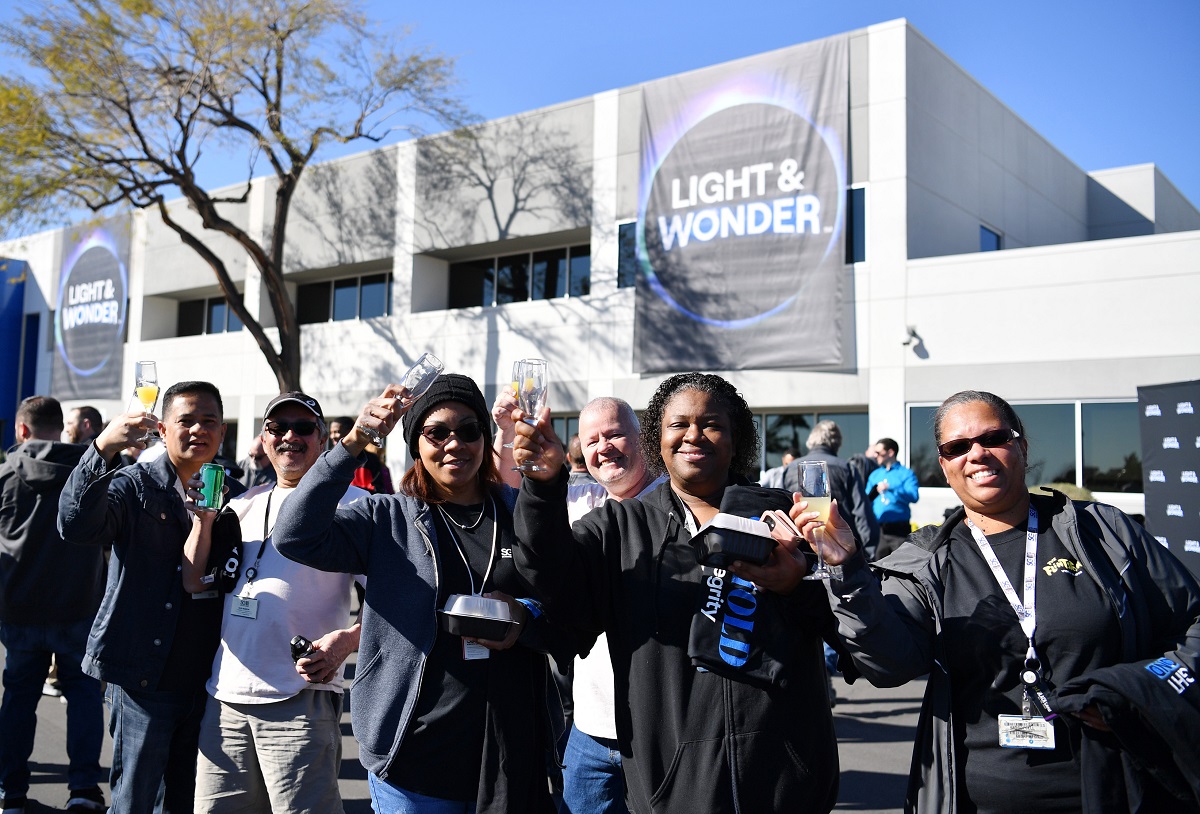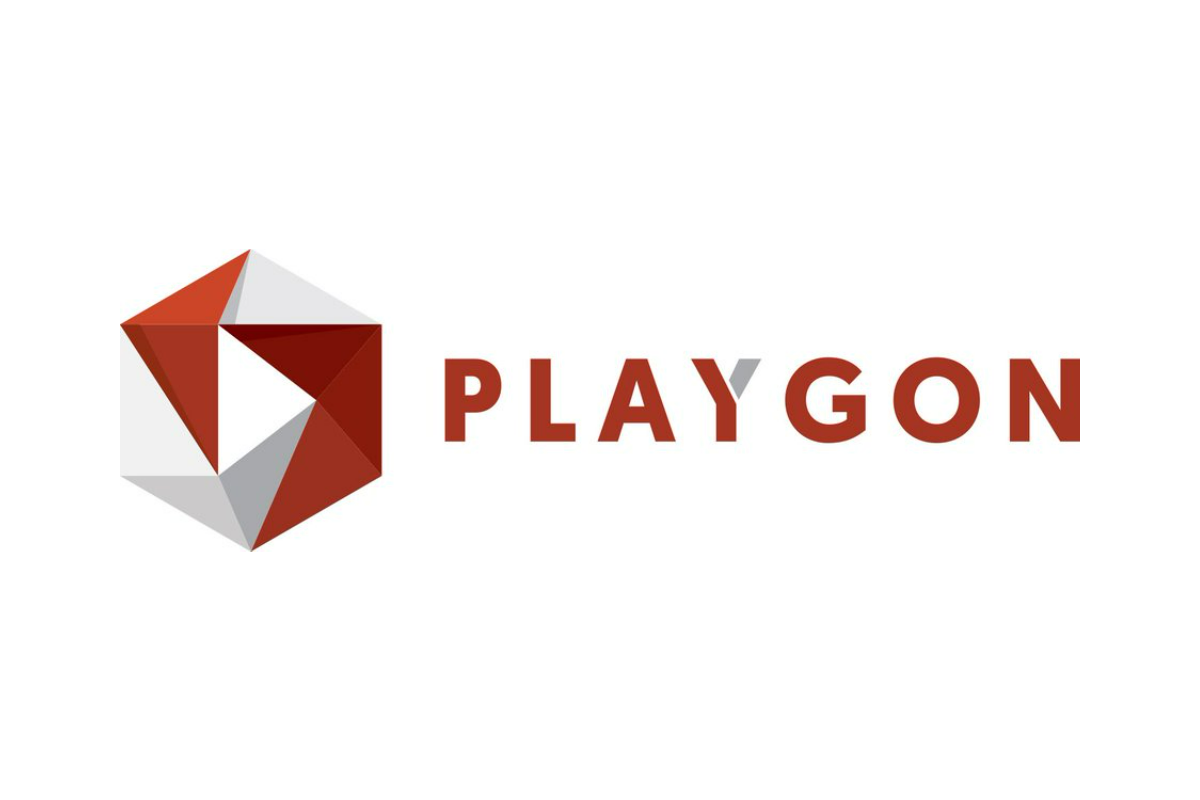
Galaxy Racer expands into North America to nurture and invest in emerging US women gaming talent
Galaxy Racer (GXR), the biggest esports, gaming and lifestyle organization, headquartered in Dubai, is proud to announce its official expansion to North America, where the newly established brand, HER Galaxy, will focus on building two verticals, a multi-platform tournament series and a foundation for all women esports talents in the region. HER Galaxy will be launched across North America as an ambitious grassroots esports initiative to create an inclusive ecosystem for women-identifying gamers, leveling up the resources available with representation, sponsorship opportunities and tournaments that promise to develop the community and provide a path to pro.
In 2021, nearly 48% of all gamers in the US identified as female, but only make up 1% of professional players and an estimated 5% of the esports workforce. Thus, Galaxy Racer will be taking inspiration from its work across the globe in bridging the gender inequality gap in competitive esports with new inclusive initiatives and tournaments that can encourage greater representation in North America.
Across its global operations, Galaxy Racer has developed some of the highest-profile initiatives for women in esports, including forming the first ever women’s League of Legends team in the Middle East. The brand has supported a range of other inclusive initiatives including the La Ligue Féminine esports tournament in France and sponsoring two European women’s esports teams and one Southeast Asia women esports team.
In early 2022, HER Galaxy will be empowering four esports teams across multiple platforms (two PC, one console and one mobile team), with a significant amount in overall grants at the first iteration, as part of an initiative to encourage the creation of all-women teams and build an inclusive and safe platform for them to compete and grow. The support from Galaxy Racer will ensure a stable and secure foundation for teams to build on, providing each team with a notable amount to cover salaries for five players and a team coach, while the initiative will also offer additional support for travel, marketing, PR and branding.
HER Galaxy will also include an exclusive multi-platform tournament series for three esports game titles on PC, Mobile and Console platforms that will build up an entire women’s esports ecosystem.. The new tournament series will offer unparalleled opportunities for exponential growth of women’s esports teams, featuring monthly online community tournaments, up to quarterly offline events across the US for the top performing teams to showcase their skills and compete for unprecedented prize pools.
A content series is also slated for production, following the whole journey of the HER Galaxy Foundation teams as they scale up their training and compete against the best women’s teams in multiple esports tournaments. A significant sum will be invested in the women-only tournaments to offer lucrative prize pools and provide high-quality production and tournament management.
Founded in 2019, Galaxy Racer has an existing global footprint of over 500+ million followers worldwide, and more than 100+ content creators and over 2.5 billion monthly views, including recently signed North American YouTuber Addison Pierre ‘YourFellowArab’ Maalouf. Having cemented its position as one of the biggest names in esports worldwide, gaming and lifestyle across the Middle East and North Africa, Southeast Asia, South Asia and Europe, the organization is expanding into North America with new headquarters in Los Angeles.
Alongside its esport initiatives, the brand has championed women in gaming and lifestyle content creators since its inception. Last year the brand began working with YouTube sensation Noor Stars, one of the most popular content creators in the Arab speaking world and a pioneer for women content creators in the region. Galaxy Racer also signed Anne “Mamabenjyfishy” Fish, the Fortnite streamer and mother of the renowned professional fortnite player Benjy “benjyfishy” Fish, as it continues to promote inclusivity among its global audience.
As the Galaxy Racer organization expands into North America, it will continue to build its portfolio of women gaming stars as part of its wider ambition to develop the esports and gaming space into an inclusive, safe and exciting environment for women.
Akemi Sue Fisher, CEO of Galaxy Racer North America, commented: “I am thrilled to join the Galaxy Racer team as we expand into North America. The ongoing focus on building a foundation for emerging women esports talent with HER Galaxy is deeply important to me and the greater gaming community. Through HER Galaxy, we hope to empower the incredible women talent within the US and look forward to meeting all the hopeful teams in the near future!”










